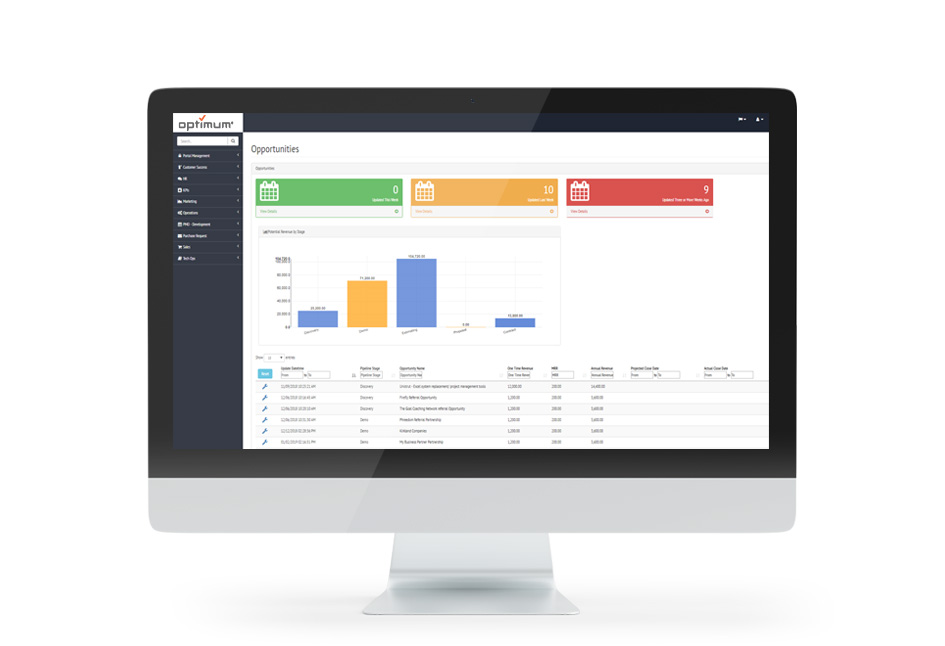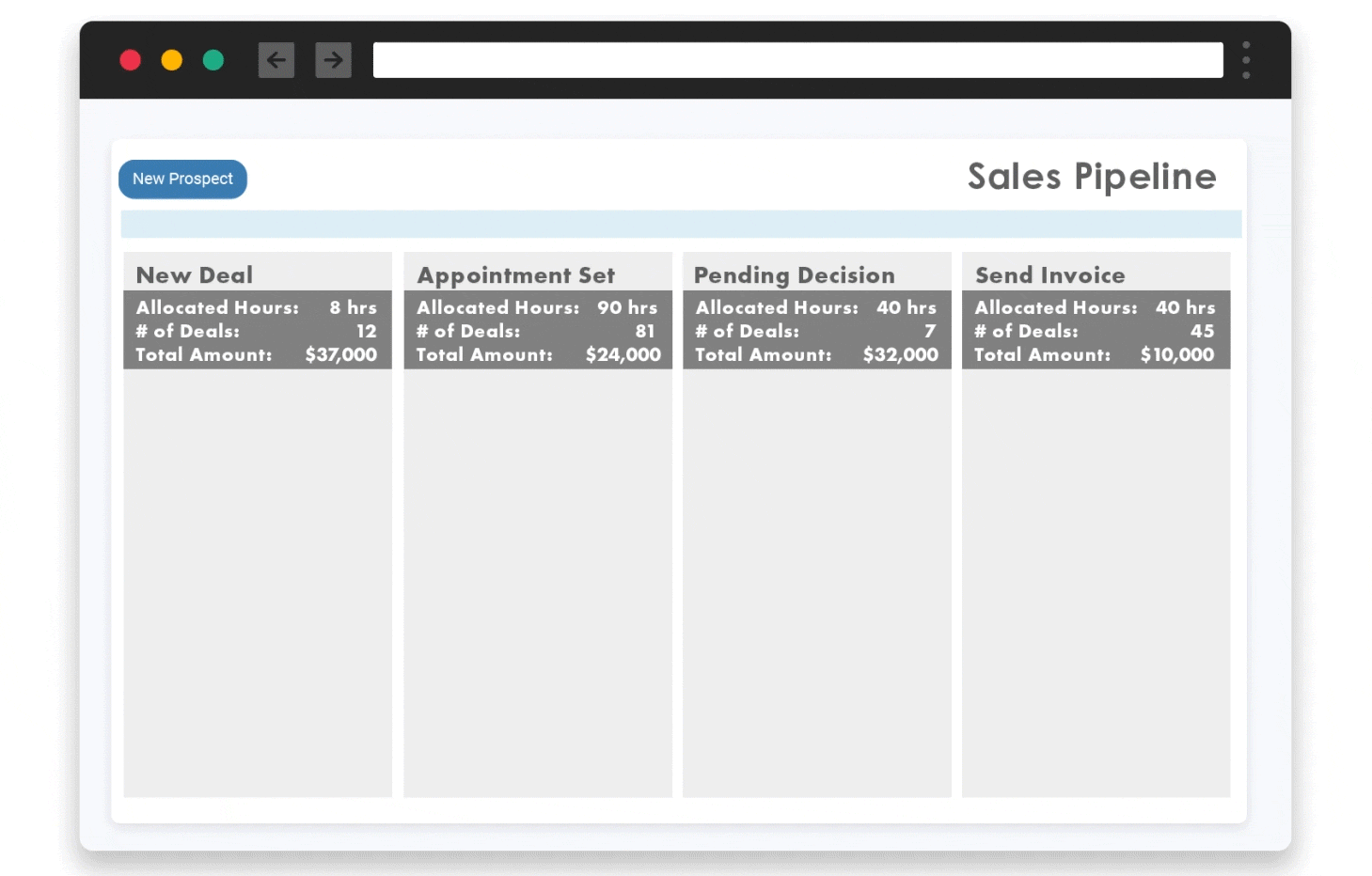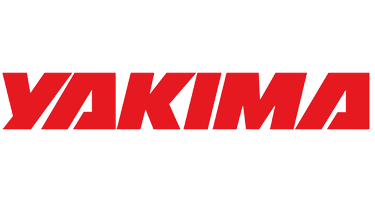Custom Software Delivered Today!
No Code. No Garbage.
Our pre-built software launches fast and can be fully tailored to your business. AI streamlines workflows via simple prompts while keeping your data controlled in one system.
- Precision AI Control
- Instant Scalability
- Eliminate Inefficiency

"We saved 232,000 hrs & $5 million in the first year after switching to Optimum."
Jim Menge, President | Rovia
Click Here to View the White Paper
Streamline Workflows with AI ERP
Our AI ERP platform automates repetitive tasks, connects your systems, and helps your team focus on what matters most. With intelligent automation and real-time insights, you’ll eliminate friction and gain complete control over your operations.
Built for fast deployment and day-one usability, our AI-powered custom software tools work behind the scenes to reduce manual effort and accelerate your business outcomes.

Workflow Intelligence
Workflow Intelligence ERP AI assistants trigger actions, update records, and handle tasks automatically—no code required.

Built to Scale
Whether you're growing fast or refining operations, our platform adapts to your pace and business structure.
Our Products
Custom Software Solutions
From Sluggish To Running Smoothly
Our No-Code Plaform Adapts To You
The Problem
Stop using 10+ different software applications to run your day-to-day operations.
Optimum Solution
Run your entire business from one smart platform with our custom software


Solution Modules
Plug-and-Play Solutions, Fully Customizable
Build a system that works for you, with Solution Modules that adapt as your needs grow.
AI Business Solutions
Our No Code AI platform is engineered to deliver customized AI business solutions for every facet of your business. Leverage our advanced tools to automate processes and optimize workflows.
- Smart Automation: Use AI to handle routine tasks and build adaptive workflows that continuously improve.
- Dynamic Process Optimization: Leverage intelligent automation to ensure every process runs at peak efficiency.
- Actionable AI Analytics: Gain real-time insights to drive smarter decisions and boost business performance.

Workflow
Organize and track tasks visually with a dynamic, kanban-style system that keeps your pipeline moving. Gain a clear overview of your deals, spot bottlenecks, and streamline processes.
- Visual Deal Tracking: Monitor progress at every stage and identify opportunities in real time.
- Drag-and-Drop Management: Easily move tasks through the pipeline for a smooth workflow.
- Customizable Views: Tailor boards to match your process, ensuring clarity and control.

Affordable Plans
Start with Optimum for $250/month, including full access for one admin and one processor. Add a multi-role (full) user or additional processor for $100, Add an additional admin for $150, or single-role (basic) users for just $50 each.

Real Results
Testimonials

Optimum is customized to do exactly what we need; it automates processes that save us time and money and makes projects "doable" and successful.

Optimum turned everything around. It’s easy to use, tracks our SPIFF program, and tightened up our inventory. We’re seeing record profits.

Building workflows in Optimum allows me to quickly get a client up and running in a fully functioning admin site much faster than hand coding.

With Optimum, we can offer our employees and customers a secure, feature-rich, modern online dashboard, complete with automation.
Processes Automated
Hours Saved Monthly
Money Saved
Projects Launched
Blogs
Latest Articles
Ecommerce ERP: The Complete Guide
AI for Business Operations: How Companies Use AI…
Clients
Sample of Customers Who Trust Optimum









